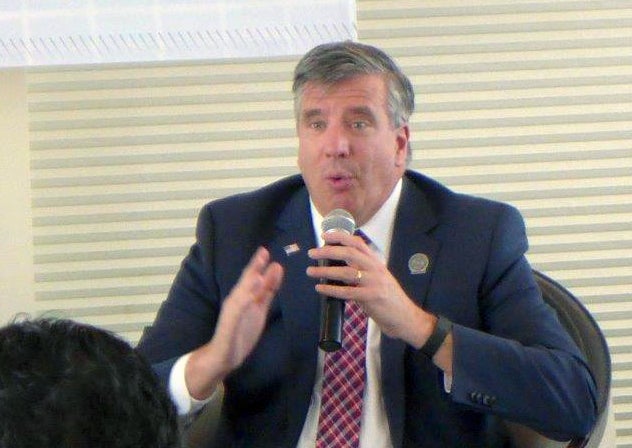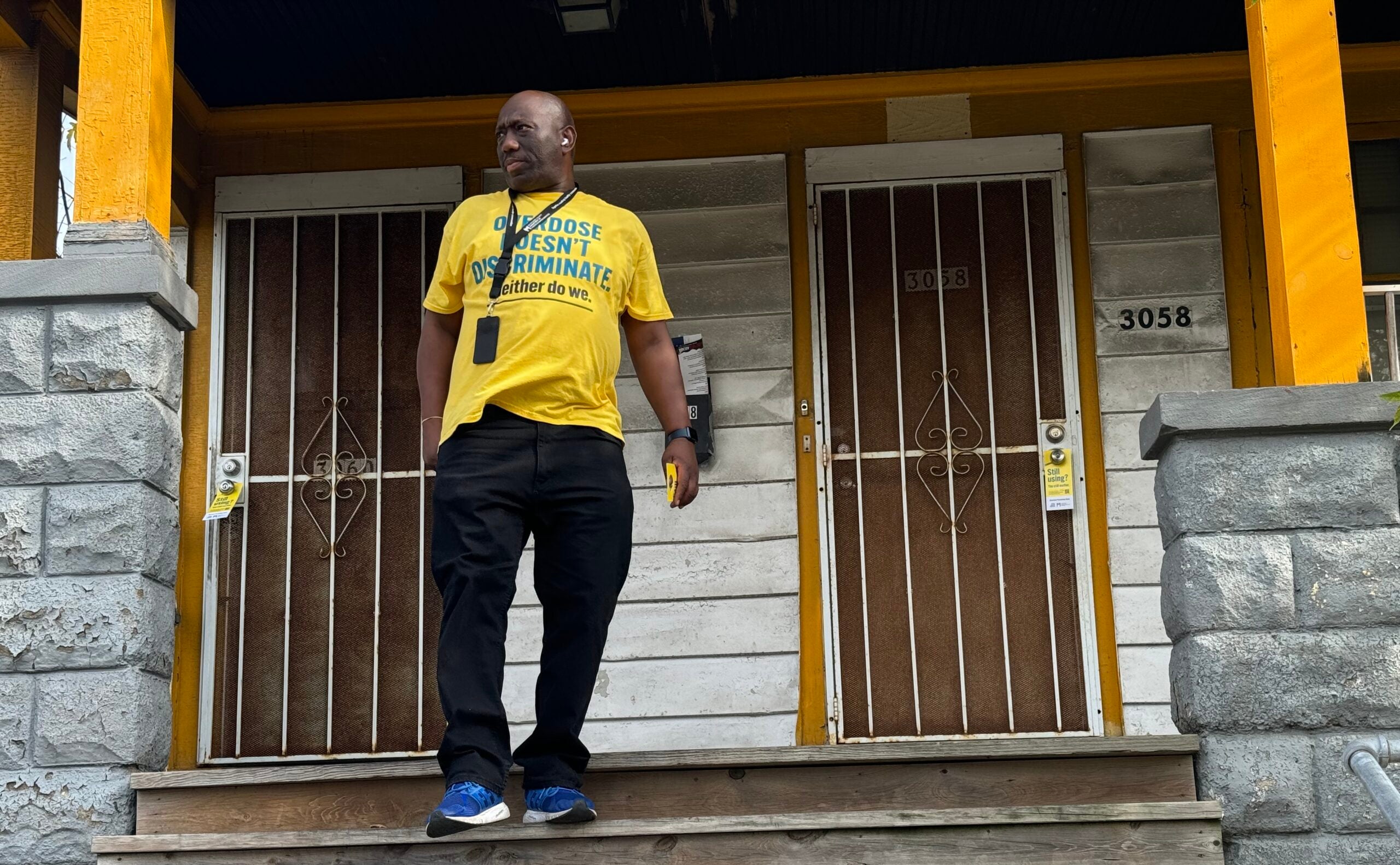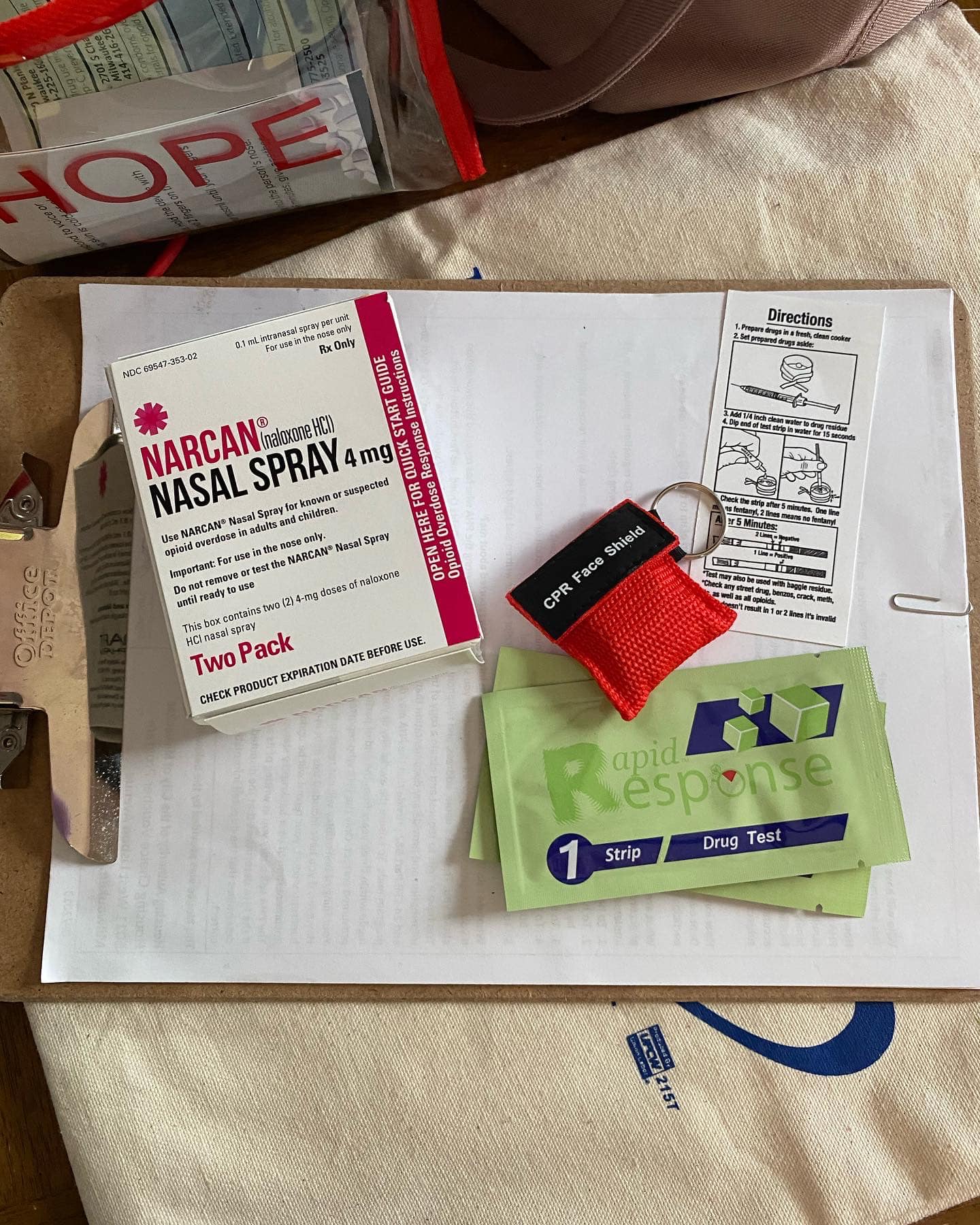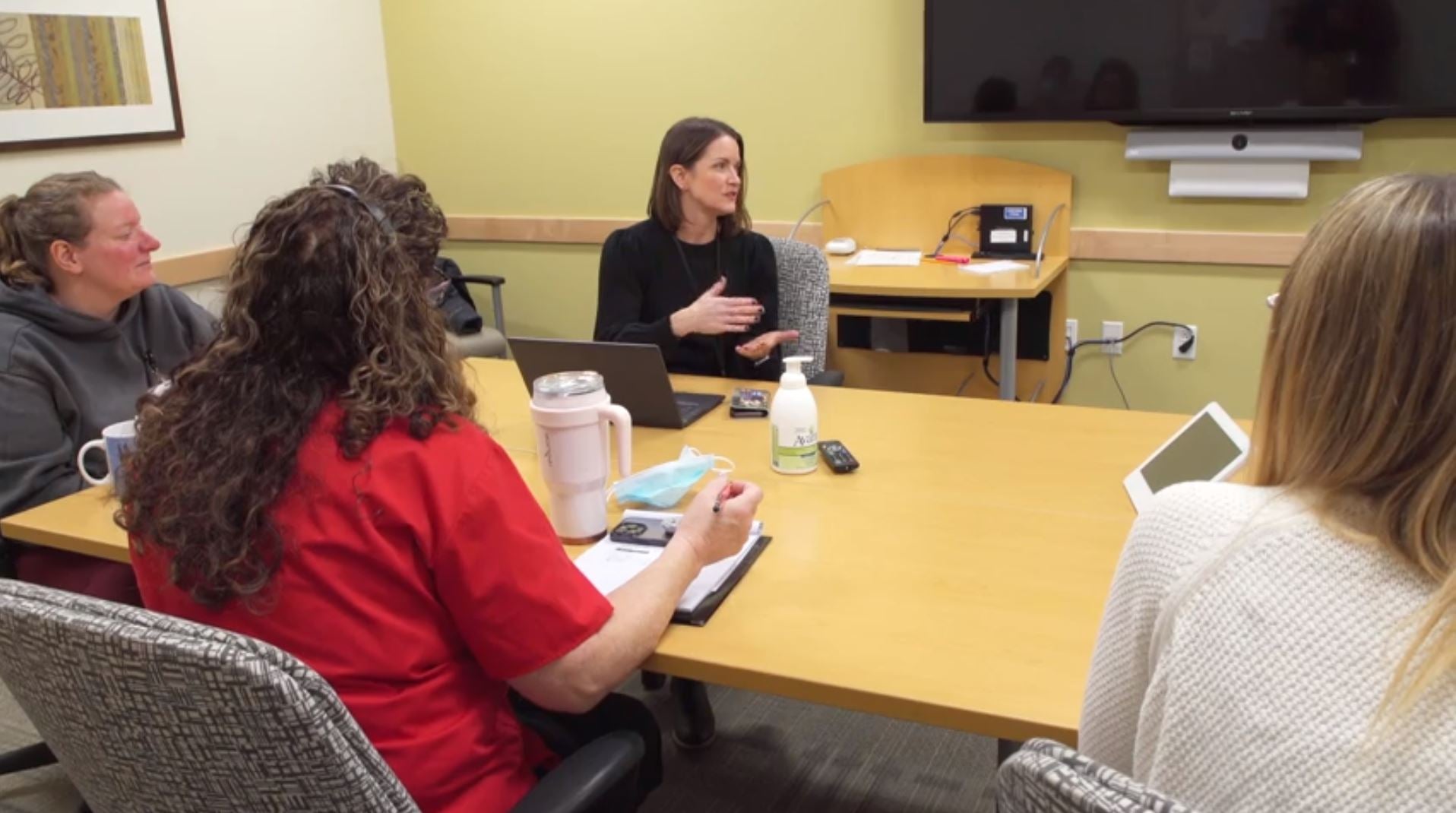Republican state Rep. John Nygren says there are still barriers to treatment for those addicted to heroin and narcotic painkillers, including insurance policies that vary, making it difficult to get adequate coverage for drug treatment.
That’s why he’s following three pilot programs around the state that are currently testing how well different kinds of treatment work.
Depending on what works, Nygren said they may be expanded.
Stay informed on the latest news
Sign up for WPR’s email newsletter.
“I want the numbers to come back,” he said Tuesday at a Wisconsin Health News forum. “I want to see the proof, see what works best, and then we can possibly invest more in what works the best.”
In Wisconsin, prescription painkillers contributed to 47 percent of overdose deaths in 2014, while heroin contributed to 28 percent, according to the Wisconsin Department of Health Services.
Lawmakers have unanimously passed 17 of Nygren’s anti-drug bills since 2014. The package of legislation was referred to as Heroin Opiate Prevention and Education, or HOPE.
As a result of those changes, naloxone, a medication that reverses opioid overdoses, is more available. Additionally, those prescribing or dispensing opioids have to use a statewide database that tracks how much and how often patients get medication.
As awareness about addiction grows, Nygren said more people are willing to talk about it. When he first introduced legislation to address the heroin epidemic, he said, people were reluctant to talk about the issue.
“It was kind of a challenge because we didn’t know how we’d be perceived. Whether this would be a positive step or whether it would be perceived negatively — that you’re just a bad parent, or your kid screwed up and they did it to themselves,” Nygren recalled. “But the conversation has been so positive that more people are willing to step up and start talking about it.”
Nygren said that’s probably one of the biggest successes to come out of his anti-addiction efforts.
Wisconsin Public Radio, © Copyright 2024, Board of Regents of the University of Wisconsin System and Wisconsin Educational Communications Board.





